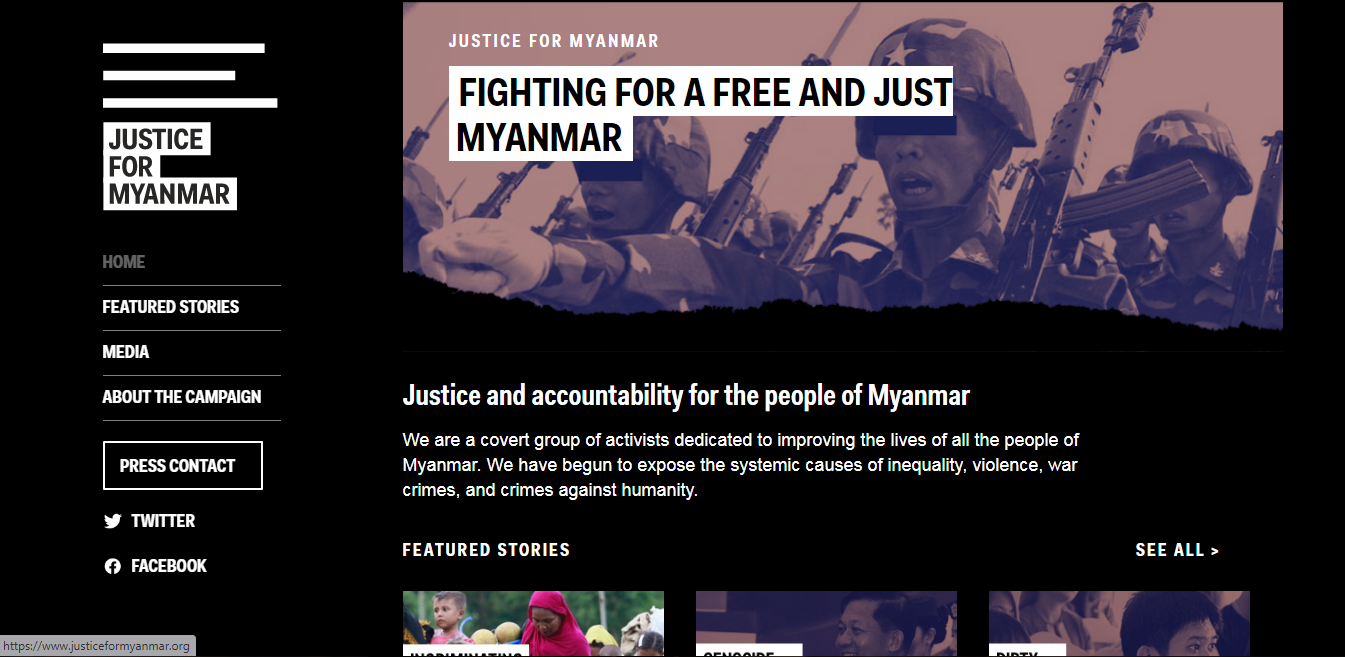Thousands of people gathered at Indonesia’s French Embassy to protest French President Emmanuel Macron. Macron has a history of anti-Muslim rhetoric and recently defended the publication of caricatures depicting the Prophet Muhammad.
On Nov. 2, thousands of people gathered outside the French Embassy in Jakarta, Indonesia, to protest French President Emmanuel Macron.
Macron defended the publication of cartoons that depict the Prophet Muhammad, which many have deemed inflammatory. The cartoons were originally published in the Charlie Hebdo magazine in 2015. They were republished in September to mark the opening of the trial for the 2015 attacks against the magazine’s staff, which were partially motivated by the publication of the cartoons.
Last month, the cartoons were a topic of discussion in a Paris classroom during a lecture on freedom of expression. After the lecture, on Oct. 16, the teacher who led the class was beheaded by a student enraged by the cartoon being shown in class. In a separate incident on Oct. 29, three people were stabbed to death in the seaside town of Nice by a Tunisian man yelling “Allahu Akbar,” a commonly used phrase meaning “God is greatest.” Though it has an innocuous meaning and is used in a number of day-to-day situations, the phrase has been tarnished by an association with terrorist acts, such as the 2015 Charlie Hebdo attack.
These recent incidents have reinvigorated anti-Muslim sentiment in France, and Macron has been criticized for his comments. Macron told the news site Al-Jazeera that he understands people’s concern over the cartoons, but said that he “will always defend in my country the freedom to speak, to write, to think, to draw.” He maintained his stance that the cartoons were protected under freedom of expression after the beheading of the teacher in October, and has been accused by some of spreading anti-Muslim sentiment in his statements.
Macron has received criticism for his anti-Muslim rhetoric in the past. On Oct. 2, he called Islam a religion “in crisis” around the world and introduced a plan to push what he termed “Islamist radicalism” out of French education and the public sector. In the same speech, he announced the government’s intention to present a bill strengthening a 1905 law officially separating the church and state in France.
In Indonesia, the French Embassy was heavily guarded and protected by barbed wire, but over 2,000 people stood outside chanting and holding signs. Protesters displayed banners that read “Macron is the real terrorist,” “Go to hell Macron,” and “Macron is devil” and called for a boycott of French goods. Some protesters stomped on Louis Vuitton bags to demonstrate their rejection of French products. Speakers at the protest demanded that Macron apologize and take back his anti-Muslim comments. They also called for the immediate removal of the French ambassador.
On Oct. 31, Indonesian President Joko Widodo condemned the terrorist attacks in Paris and Nice while also speaking out against Macron’s defense of the cartoons. Widodo argued that freedom of expression that tarnishes the honor of religious symbols could not be justified and said that “linking religion with terrorist acts is a big mistake.” Muslims in France have repeatedly denounced the terrorist acts.
Rachel Lynch
is a student at Sarah Lawrence College in Bronxville, NY currently taking a semester off. She plans to study Writing and Child Development. Rachel loves to travel and is inspired by the places she’s been and everywhere she wants to go. She hopes to educate people on social justice issues and the history and culture of travel destinations through her writing.




